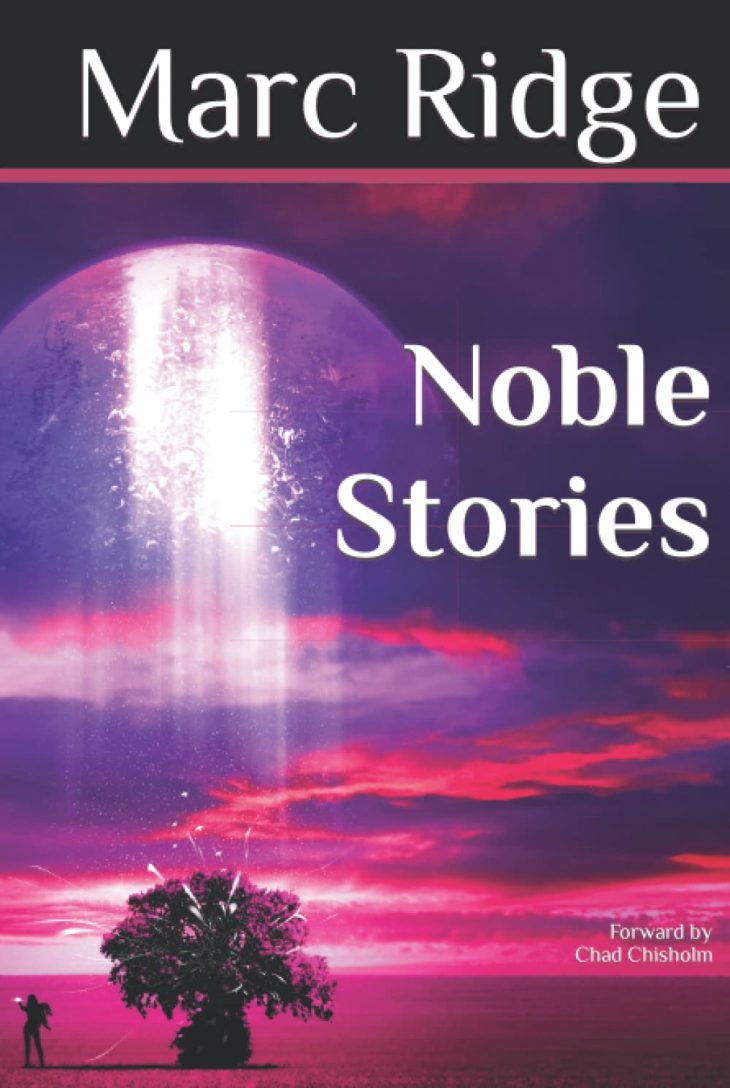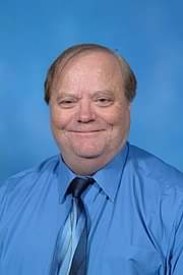
“Distant Men Will Praise Him”: Chad Chisholm Discusses Marc Ridge’s Literary Legacy Pt. 1
The epigraph to Noble Stories, a posthumous collection of Marc Ridge’s fiction published through the Carolina Institute of Faith and Culture, comes from The Odyssey.
Men’s lives are short.
The hard man and his cruelties will be
cursed behind his back, and mocked in death.
But one whose heart and ways are kind—of him
strangers will bear report to the wide world,
and distant men will praise him.”
In this two-part interview, Chad Chisholm discusses the literary legacy of his friend Marc Ridge, what gave Ridge’s stories such particular power, and why he thinks distant men will praise Ridge’s gifts.
Jonathan Sircy: Your foreword to Noble Stories doesn’t mention the circumstances of Marc Ridge’s death or the specific reason you felt moved to pursue the editing and publishing of his stories. What motivated your work on this book?
Chad Chisholm: Good question. I think the publication of Noble Stories keeps an important part of Marc—his creative spirit—alive with us.
First, let me speak on Marc’s passing: I spoke of it at the Mississippi Writing Center Conference last year, but I left out mention from the foreword because I was focused on his legacy as a writer. I figured most of the people interested in Noble Stories would have heard of Marc’s passing, and I also thought that if I edited another collection for him, I could touch on it then and what it means.

That said, your question is interesting because I fretted a little over my choice, went back and forth, etc. Marc’s death was probably from COVID-19, though I cannot be sure. He died at a time when, unfortunately, a lot of people were passing away, and his exact cause of death was listed as something generic like “heart failure.” Marc worked at a college and was vulnerable to the coronavirus because of his age and immunocompromised condition. He probably died either of or with Covid-19.
Marc’s death was very unexpected; I had talked to him on the phone earlier and was looking forward to spending time with him because I was returning to Mississippi. I was stunned. There was a memorial service for him at the college chapel where Marc and I were colleagues, but I was unable to attend. (I tried to Zoom for part of it.) There was also a family service in the Midwest where Marc’s remains were moved, but I know nothing of these private arrangements.
However, I have been involved in Marc’s literary estate since the beginning. A mutual friend called me the day we learned that Marc died, and she was helping his family go through personal belongings when they came across his manuscripts. Then and there, a decision was made that someone (me, as it turned out) should try to publish selected morsels of Marc’s writings to ensure his legacy. As I wrote in the foreword, I was already familiar with most of his stories because they had been workshopped in my house. I had also helped Marc place stories in literary venues, and I was familiar with his attempts to form them into a single collection. I was close to Marc for many years; I was maybe one of the last people to talk to him on the phone, and I wanted people who knew him as a lecturer or colleague to see him as the profound fiction writer that he was. I believe Marc would want to be remembered as a storyteller.
JS: You mention in your foreword that Marc Ridge would “inwardly transform” into the characters he wrote about. If we just had the stories to go on, what parts of these characters would give us an idea of what Marc Ridge was like?
CC: As far as the characters, most people who knew Marc tangentially might easily connect him to Michael: tinted sunglasses, autodidactic knowledge, impressive memory, career in the military (though Marc was not a secret agent), a surrounding air of mystery, etc. On occasion, Marc would dress like Michael with dark clothes and silver pendants: mild cosplay was an amusing part of Marc’s personality, though I was probably the only person who knew when he dressed as Michael.
That said, I see Marc mostly as the unnamed narrator—the same family background, the same interests, a similar academic career, a developed sense of humor, an interest in scholarship, a quiet sense of connectedness, the same inquiries into theology and mythology, and so on.
However, none of this is to say that the characters are Marc. Bill Koon, a professor at Clemson, once told me that Barry Hannah—the Southern writer who won countless awards—would call him on the phone at 3 am drunk and talking as if he were one of the characters in a story he was writing. I suppose with Marc it was a little like this (though I should clarify that Marc never got drunk). No, I think Marc solved problems with his fiction by assuming the role of the character and picturing what he would do or how he would react to different situations. I also think he lent small parts of himself to his characters to make them more authentic, though I want to be careful here because Marc often (like countless authors I have studied) made things up.
What parts of the characters draw forth from him or his experiences and what parts are pure creation? That’s impossible to determine because Marc did both completely.
JS: The book’s epigraph from Homer – is that your comment on Marc Ridge or comment on his characters or something else altogether?
CC: All of the above. Marc was one of the most generous people I have ever known: maybe this comes across in his writing, but Marc’s generosity is the utmost characteristic that comes to mind when I think about him. Marc was a mentor in my career, and he taught me things about the profession that helped me avoid pitfalls with which others have struggled. Marc was also a mentor to me as a writer and scholar, and I owe him a lot there as well.
One of my first publications, which was with Arcadia Publishing, was because of Marc who had worked on a similar project before me: I followed his path, and Marc was there to advise me. I am sure Marc was proud of me: once, he drove all the way to Louisville to see me deliver a paper at the CCCCs. That said, I think the epigraph also applies to the stories. If you read the stories carefully, the uncannier elements are balanced by a sense of virtue as well. True, on the surface you have these teenaged boys who have journeys into mysterious woods and enigmatic trysts with teenaged girls: it might seem nothing noble or virtuous, but this belies the deeper ethos or larger storyline that Marc provides.
Throughout the collection, I find that Marc balances the uncanny with beauty, and it is quite remarkable. To me, this is so similar to Homer (if you can read him without thinking all the time that “he’s Homer”). Most of all, I used the Homeric epigraph because I felt compelled to do it; in other words, I intuitively felt the book could not exist without it. I cannot explain why, but this is truly so.